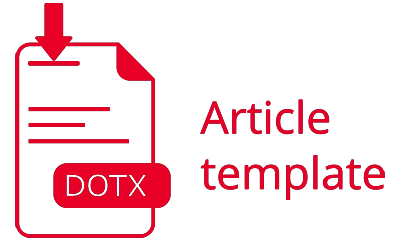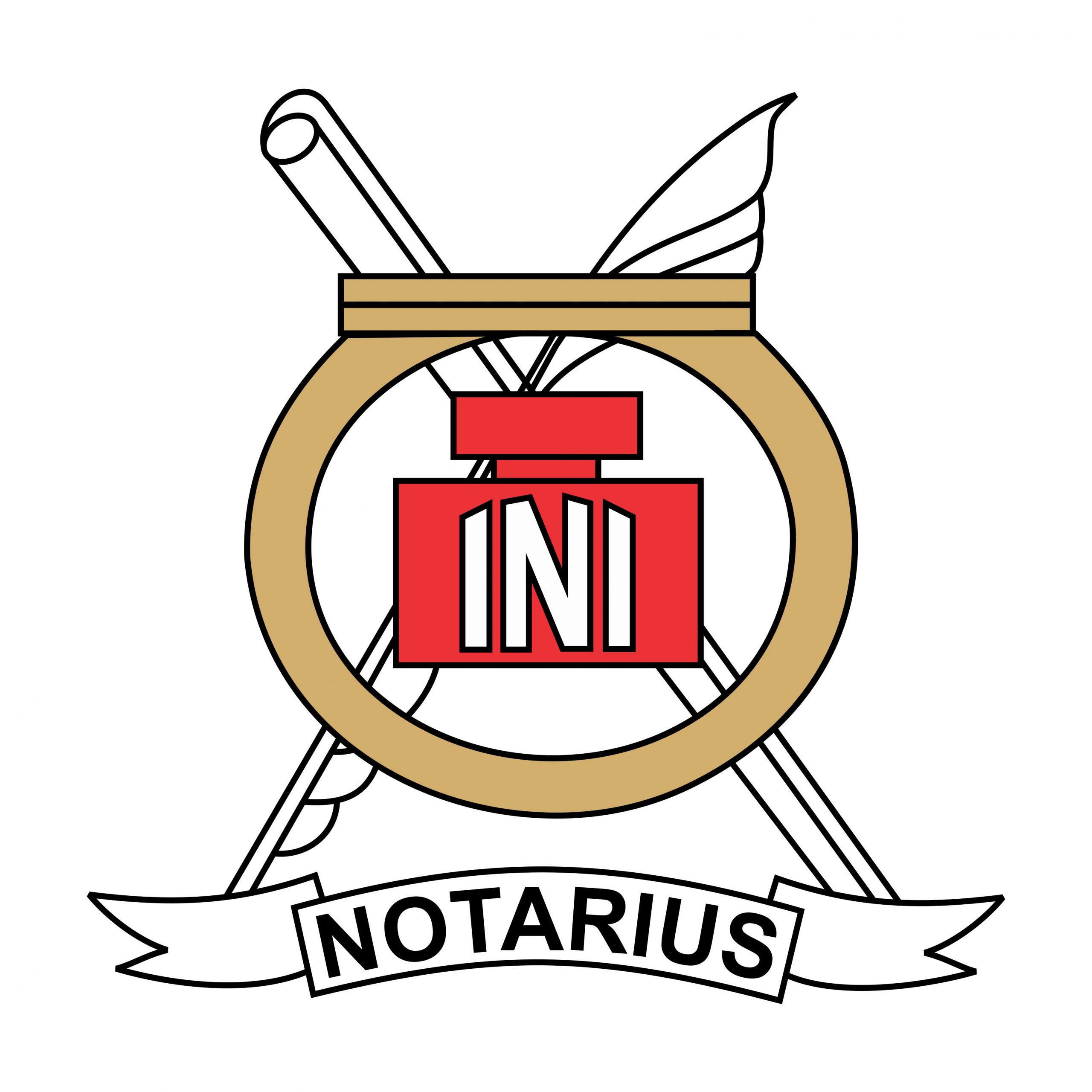DIGITAL ETHICS AND CITIZENSHIP CHALLENGES IN CYBERSPACE: AN OVERVIEW FROM PERSPECTIVE MORALS AND LAWS
Abstract
Digital ethics involve moral principles and values that govern behavior individuals and groups in digital environments. Digital ethics involves deep responsibility disseminate accurate information, maintain the quality of online communication and interaction, and awareness of the social and environmental impact of the use of digital technology. This study uses a literature study method with a descriptive qualitative approach to study ethics and challenges of citizenship in cyberspace from a moral and legal perspective. Through data analysis, found several important digital ethical concepts in dealing with challenges in cyberspace, such as responsibility in disseminating information, privacy protection and data security, digital awareness, respect for freedom of expression, verification information, and respect intellectual property rights. From a moral and legal perspective, comprehensive regulation is needed to regulate the use of digital technology, enforcement effective law against digital ethics violations, legal education and awareness, and development of online communication ethics. Challenges of citizenship faced in the world cyber through a moral and legal perspective including the spread of harmful content, respect to privacy and data, cyberbullying behavior, and use of inappropriate language. Legal regulation, protection against cyber crime, and a balance between freedoms speaking and legal boundaries are also challenges that need to be overcome.
References
Alvina, H., Julianti, L., Sugiantari, A. A. P. W., & Udytama, I. W. W. W. (2022). The State of Digital Freedom in Indonesia an Assessment of Online Censorship, Privacy, and Free Expression. Journal of Digital Law and Policy, 1(3), 141–152.
Beduschi, A. (2019). Digital identity: Contemporary challenges for data protection, privacy and non-discrimination rights. Big Data & Society, 6(2), 205395171985509. https://doi.org/10.1177/2053951719855091
Budi Ismanto, Yusuf, Y., & Asep Suherman. (2022). MEMBANGUN KESADARAN MORAL DAN ETIKA DALAM BERINTERAKSI DI ERA DIGITAL PADA REMAJA KARANG TARUNA RW 07 REMPOA, CIPUTAT TIMUR. Jurnal Abdi Masyarakat Multidisiplin, 1(1), 43–48. https://doi.org/10.56127/jammu.v1i1.253
Imani, F. A., Kusmawati, A., & Tohari, M. A. (2021). Pencegahan kasus cyberbullying bagi remaja pengguna sosial media. KHIDMAT SOSIAL: Journal of Social Work and Social Services, 2(1), 74–83.
Lemley, M. A., & McKenna, M. P. (2015). The Scope of IP Rights. SSRN Electronic Journal. https://doi.org/10.2139/ssrn.2660951
Meinarni, N. P. S. (2019). Tinjauan Yuridis Cyber Bullying Dalam Ranah Hukum Indonesia. Ganaya: Jurnal Ilmu Sosial Dan Humaniora, 2(1), 299–308.
Meinarni, N. P. S., & Iswara, I. B. A. I. (2018). Hoax and its Mechanism in Indonesia. Proceedings of the International Conference of Communication Science Research (ICCSR 2018). https://doi.org/10.2991/iccsr-18.2018.39
Nugraha, R. (2021). Perspektif Hukum Indonesia (Cyberlaw) Penanganan Kasus Cyber Di Indonesia. Jurnal Ilmiah Hukum Dirgantara, 11(2).
Pringgar, R. F., & Sujatmiko, B. (2020). Penelitian Kepustakaan (Library Research) Modul Pembelajaran Berbasis Augmented Reality pada Pembelajaran Siswa. IT-Edu: Jurnal Information Technology and Education, 5(01), 317–329.
S, L. A. (2021). TANTANGAN PENDIDIKAN KEWARGANEGARAAN PADA REVOLUSI 4.0. Ensiklopedia Sosial Review, 2(3), 333–339. https://doi.org/10.33559/esr.v2i3.647
Saputra, M. (2022). Integrasi Kewarganegaraan Digital dalam Mata Kuliah Pendidikan Kewarganegaraan untuk Menumbuhkan Etika Berinternet (Netiket) di Kalangan Mahasiswa. Jurnal Pendidikan Kewarganegaraan, 12(01), 6. https://doi.org/10.20527/kewarganegaraan.v12i01.13635
Undang-Undang Republik Indonesia Nomor 19 Tahun 2016 Tentang Perubahan Atas Undang-Undang Nomor 11 Tahun 2008 Tentang Informasi Dan Transaksi Elektronik, Pub. L. No. 19 (2016).
UTAMA, I. W. K. J., SUJANA, I. N., WESNA, P. A. S., & RIBEIRO, L. (2022). Implications Of Control Of Coastal Lands By Foreigners In The Tourism Business. Protection: Journal Of Land And Environmental Law, 1(2), 78–85. https://doi.org/10.38142/pjlel.v1i2.472
Wahyudi, D., & Kurniasih, N. (2019). MEMBANGUN GENERASI “GREAT” BERETIKA MENUJU INDONESIA EMAS. Tarbawiyah Jurnal Ilmiah Pendidikan, 3(1), 46. https://doi.org/10.32332/tarbawiyah.v3i1.1453
Wahyuningsih, Y. Y., Satino, S., & Sulastri, S. (2020). Legal Arrangements of Law Enforcement in the Defense of the State to Strengthen the Defense of the Unitary Republic of Indonesia. International Journal of Multicultural and Multireligious Understanding, 7(9), 201. https://doi.org/10.18415/ijmmu.v7i9.1954
Wartoyo, F. X., & Ginting, Y. P. (2022). Convergence of Law and Technology Through Optimization of Pancasila. Journal of Digital Law and Policy, 1(2), 61–72.
Widiantari, M. M. (2021). Proceeding of Conference on Law and Social Studies URGENSI LITERASI ETIKA DIGITAL. http://prosiding.unipma.ac.id/index.php/COLaS
 Abstract viewed = 122 times
Abstract viewed = 122 times
 PDF downloaded = 133 times
PDF downloaded = 133 times








